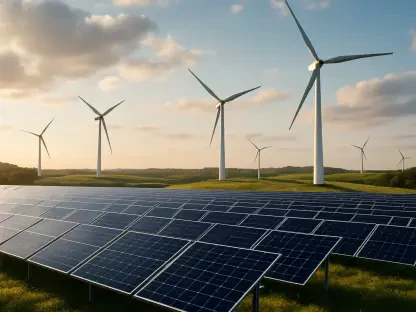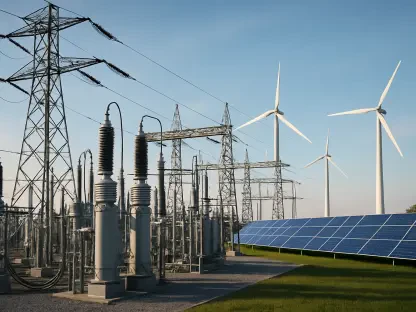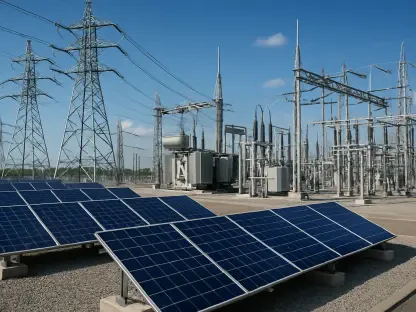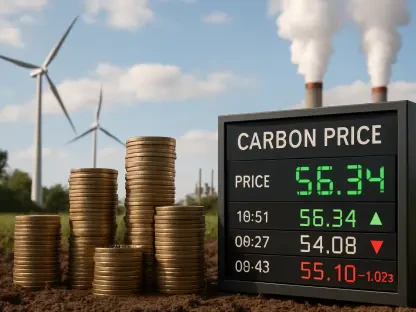As the planet grapples with escalating climate challenges, a surprising shift in leadership has emerged on the global stage, with one nation often spotlighted for its dual role as both a major polluter and a potential savior. While historically criticized for its massive carbon footprint, China has begun to redefine its position through ambitious strides in technology and policy. The question of whether it can truly spearhead the battle against climate change looms large, especially as other major powers appear mired in inconsistency and short-term political distractions. This discussion delves into the complexities of its approach, examining how its long-term planning and industrial prowess might position it as a pivotal force in mitigating global warming, even as skepticism about its commitments persists. The stakes couldn’t be higher, with the world watching to see if economic priorities and environmental goals can align in a meaningful way.
A Cautious Commitment to Emission Reductions
Scrutiny surrounds the recent pledge made at the United Nations General Assembly to cut greenhouse gas emissions by 7 to 10 percent by 2035. As the largest consumer of coal, which remains the dirtiest fossil fuel, China’s target has drawn sharp criticism from environmental advocates and global leaders who argue it falls far short of the 30 percent reduction from peak levels necessary to align with the Paris Agreement’s aim of limiting warming to 1.5 degrees Celsius above pre-industrial levels. Critics point out that such a modest goal fails to address the urgency of the climate crisis, particularly given the scale of pollution involved. Yet, defenders of this strategy highlight a pragmatic approach, suggesting that the focus on achievable targets reflects a balance between environmental aspirations and the need to maintain economic stability. This cautious stance reveals a deeper tension between immediate action and sustainable progress, raising questions about how much impact these commitments can truly have in the near term while larger systemic changes are underway.
Clean Tech Dominance as a Game Changer
Beyond policy pledges, a more transformative narrative emerges from China’s unparalleled advancements in clean technology, positioning it as a powerhouse in industries like solar power, battery production, and electric vehicles. This dominance is not merely a domestic achievement but a global catalyst, enabling other countries to transition away from fossil fuels by accessing cutting-edge solutions at scale. While many Western nations grapple with fragmented policies and political gridlock, this focused investment in innovation offers a stark contrast, potentially accelerating worldwide decarbonization efforts. The economic might behind these developments suggests that technological leadership could outweigh the shortcomings of current emission targets, providing a lifeline to regions struggling to adopt sustainable practices. As this trend continues, the influence of such industrial strength may redefine global climate strategies, shifting the emphasis from mere promises to tangible, scalable impact that reshapes energy landscapes across borders.









